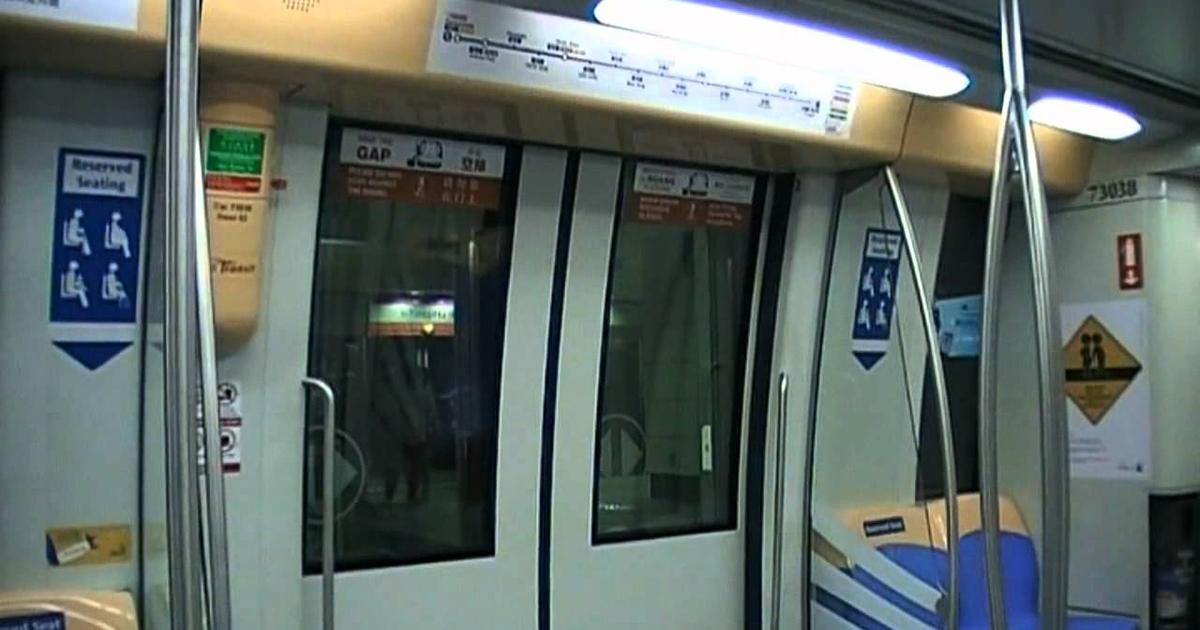Rail operators SBS Transit and SMRT Trains are likely going to increase train fares.
How much is the increase going to be?
An increase of 7 percent would translate to 9 or 10 cents more per ride.
What's the indication?
Both have submitted applications to the Public Transport Council (PTC) for a possible increase in train fares.
A spokesperson for the council confirmed the fare applications have been received.
PTC announced in September 2019 that public transport fares could increase by up to 7 percent this year following the fare review exercise.
When will the fare increase be approved?
The PTC will announce its decision on the fare adjustment in the last quarter of 2019.
When was the last fare increment?
Fares rose 4.3 per cent in 2018, following three years of fare reductions.
Why?
PTC gave two reasons.
Energy prices increasing recently has been cited as one of the contributing factors to the potential price increase.
Service enhancements have caused rail operating costs to go up.
Are bus fares going up as well?
Apparently not.
The applications only apply to train fares.
This is so as the Land Transport Authority (LTA) now owns the fixed and operating assets for buses.
Under the bus contracting model, operators are paid a fixed sum to ply services.
But it does not mean bus fares cannot rise.
What did SBS Transit and SMRT Trains say?
SBS Transit confirmed the submission but did not reveal much.
It only cited "higher repairs and maintenance costs" as causing SBS Transit to continue to incur rail losses despite the growth in ridership.
SBS Transit said: "It is hoped that an increase in fares will help mitigate some of these cost increases."
SMRT Trains also said maintenance costs have increased.
SMRT Trains said: "In financial year 2019, SMRT Trains’ maintenance-related expenditure accounted for 71 percent of rail fare revenue, up from 62 percent in financial year 2018.”
via CNA, The Straits Times
If you like what you read, follow us on Facebook, Instagram, Twitter and Telegram to get the latest updates.
